Hippocrates, the father of ancient Greek medicine, whose knowledge was so way ahead of its time that we’re still startled by it today, strongly advocated the use of herbs for their remarkable curative purposes.
Throughout the millennia, Greeks have passed on this know-how from generation to generation and entrepreneurial modern Greeks continue to celebrate this ancient wisdom by successfully marketing delicious and sophisticated blends in Greece and worldwide. Here we offer you a warming mini guide of the best Greek herbal teas and their many health benefits for feel-good winter living.
Dittany (Diktamo)
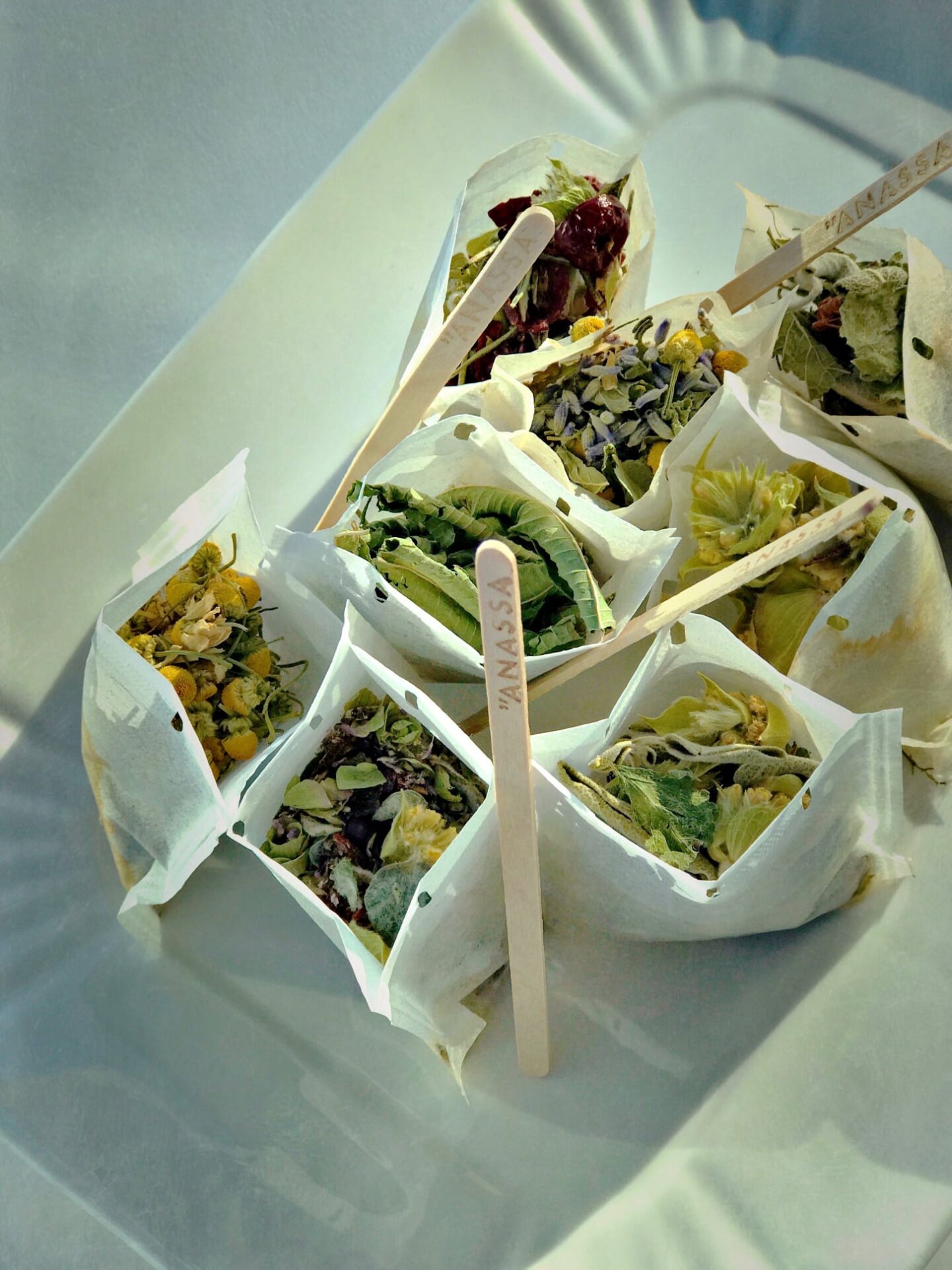
Originating from Crete’s Mt Dikti, and also known as eronas, which means ‘youthful love’ because it’s said to have aphrodisiac qualities that make one feel young. Diktamo is a diuretic that’s high in antioxidants, and once boiled or steeped in hot water it releases oils thought to have potent antiseptic and anti-fungal properties. Traditionally, it’s made to relieve headaches, anxiety, indigestion, stomach cramps, bloating and fever. In folk medicine, its more medical uses included giving it to patients suffering from epilepsy, kidney and gall stones, rheumatism, for wound healing (as a tincture) and to bring on menstruation.
Sage (Faskomilo)
Believed to be a herb with holy properties by the ancient Greeks, and used even today to cleanse energy, this pungent tonic tea has powerful anti-microbial and antioxidant properties. Like rosemary, it’s thought to activate focus and memory, while its anti-inflammatory properties are also considered to help boost both mental clarity and physical balance. It is also rich in Vitamin K, which helps the body absorb calcium and thus to strengthen the bones.

Lemon Balm (Louisa)
With a delicate lemony aroma, Louisa is a soothing and mood-lifting tea that came to the country in the 1700s and has been commonly grown in Greek gardens ever since. Often used alone or blended with chamomile to relieve indigestion, cramps and bloating, the herb is also considered a good friend to women because of its hormone-regulating elements. High in antioxidants, it’s ideal after a long hike (or workout) as it’s thought to help repair strained muscles.
Oregano (Rigani)
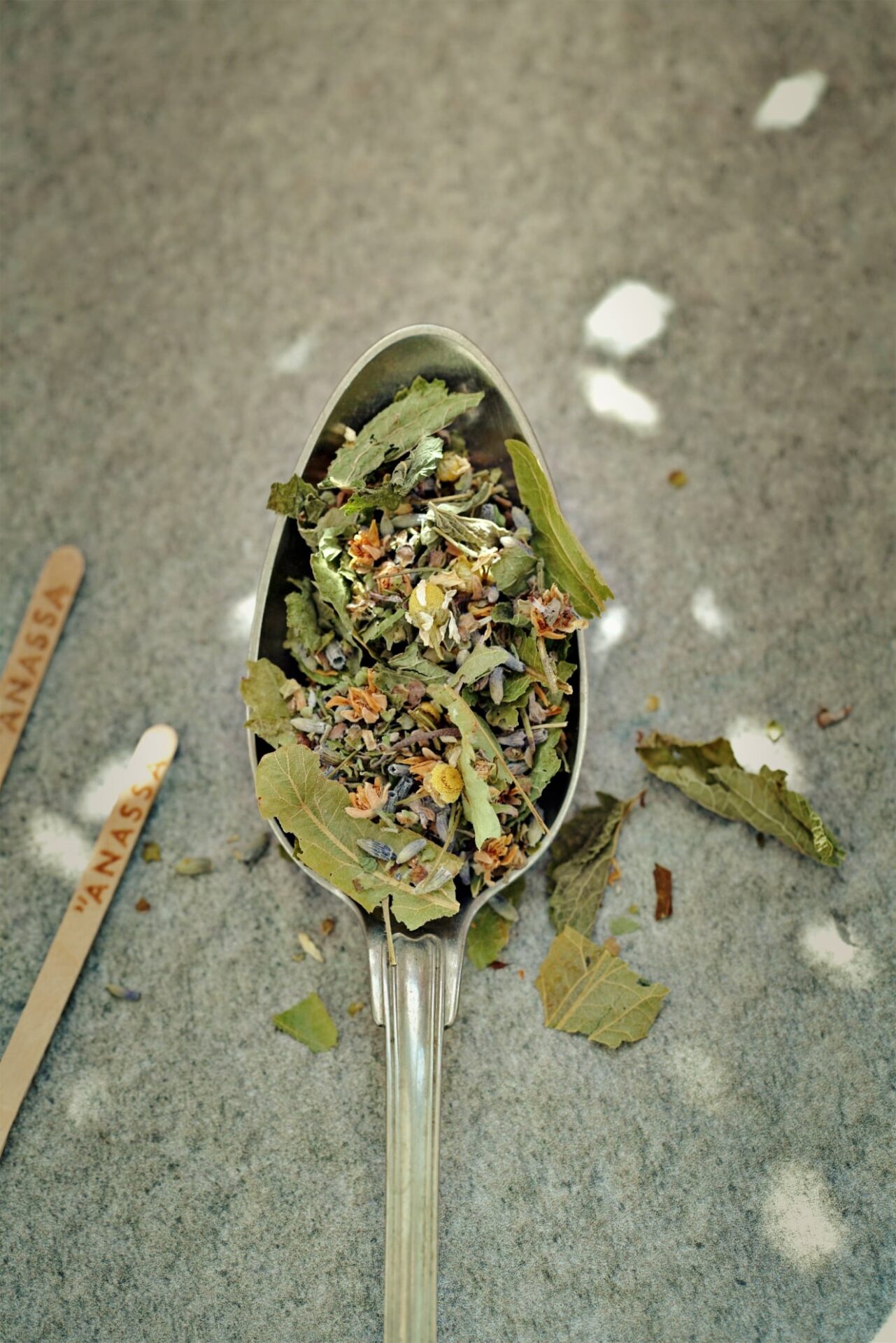
Used by the ancient Greeks to make bridal wreaths because it represented joy, oregano is excellent for treating respiratory congestion when you’re bunged up with a cold because of its strong anti-microbial, antiseptic and anti-fungal properties. It’s also wonderful for winter immunity because of its high levels of vitamin C and iron.
Linden Flowers (Tilio)
With an intoxicatingly sweet and soothing aroma, tilio flowers are thought to offer the human organism a loving hand during times of duress, as they are believed to relieve anxiety, melancholy and a racing mind, reducing blood pressure and quietening the heart. It is also high in phytonutrients, antioxidants and flavonoids, which help counter symptoms of the common cold, soothe sore throats and reduce mucus production.
Chamomile (Hamomili)
With benefits that were lauded since antiquity, hamomili is often referred to as the golden flower because of its cure-all qualities. This is probably because chamomile has been scientifically shown to have components that are anti-inflammatory, anti-irritant, anti-microbial, antioxidant, antibacterial and antiviral! The sweet-smelling little flower tea is most commonly thought to help encourage a good night’s sleep, stomach upsets, anxiety and slight fever, but it is also used to treat an irritated eye or skin (a cotton disc can be soaked in the tea and placed on the face or body).
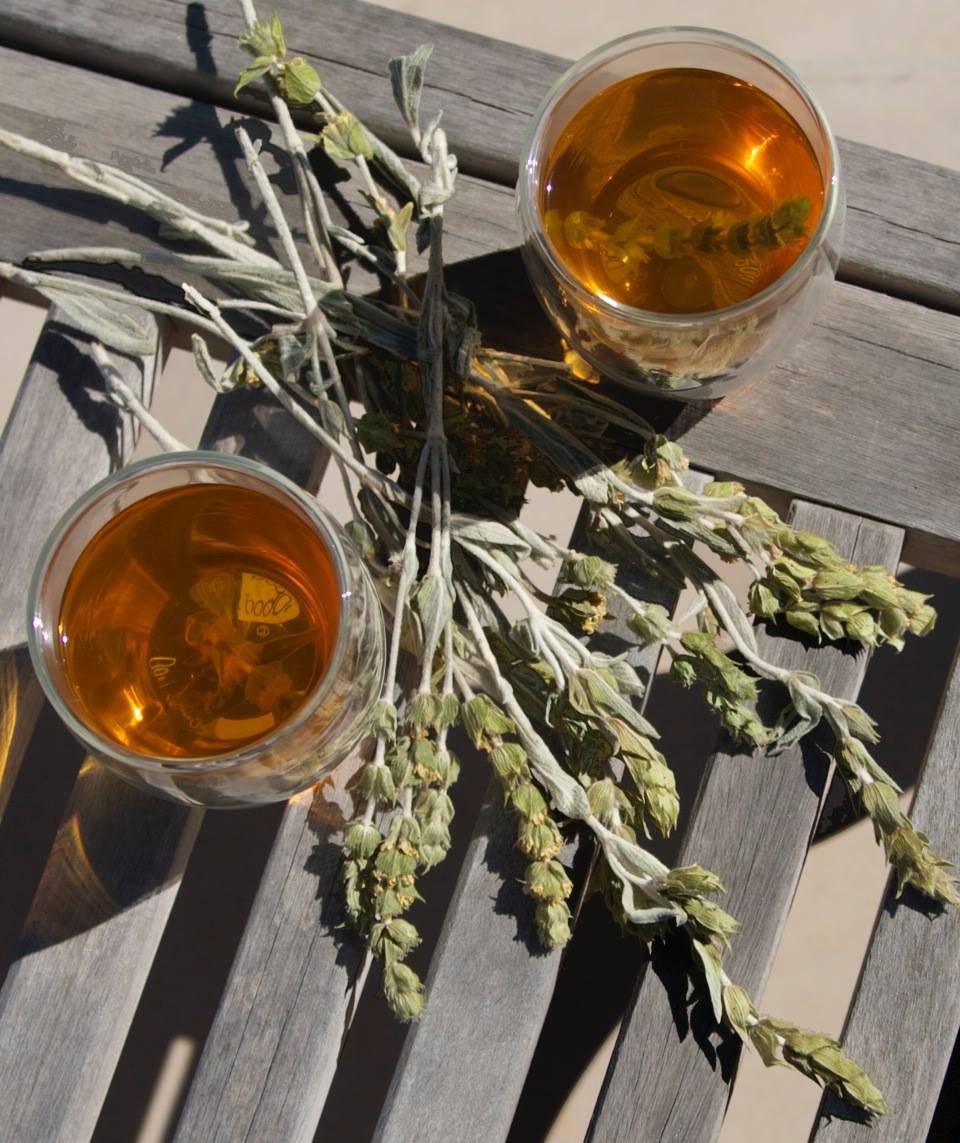
Mountain Tea (Tsai tou Vounou)
Greek Mountain Tea is made using the dried leaves and flowers of Sideritis plants (ironwort). The tea made from Sideritis is credited with easing a wide range of physical ailments and is shown to have as many antioxidants as green tea. It’s also known to boost brain function, especially as prevention and even cure for Alzheimer’s.
Tip: Use any of the above herbs to make your own oil by packing a jar with the leaves or flowers and topping it with olive oil. Place the jar ideally in a spot that gets the sun and leave it for a month, occasionally giving the jar a shake. Then strain the oil and voila! The oil can be used in food, as aromatherapy or to treat skin conditions.
Greek Herbal Tea Brands to Check Out Online:
Grek Tea
Anassa Organics
Daphnis and Chloe
Moly
Krocus Kozanis Products
Arritos
Klio Tea

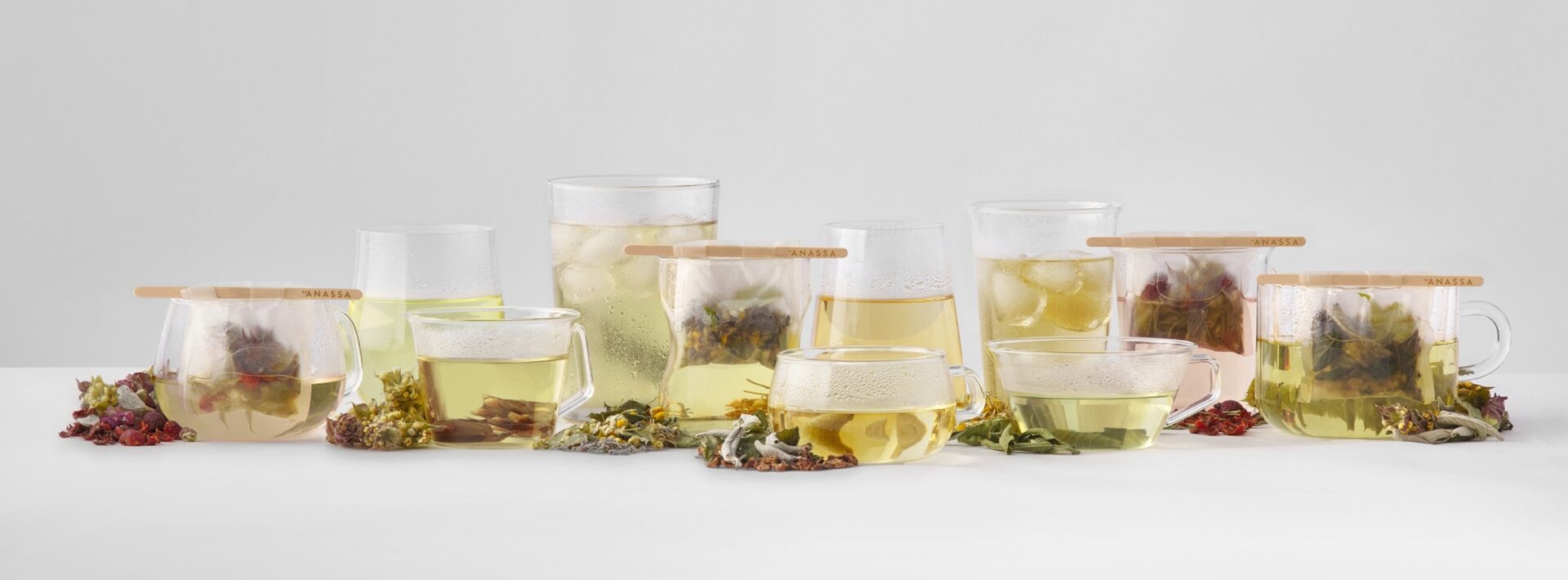

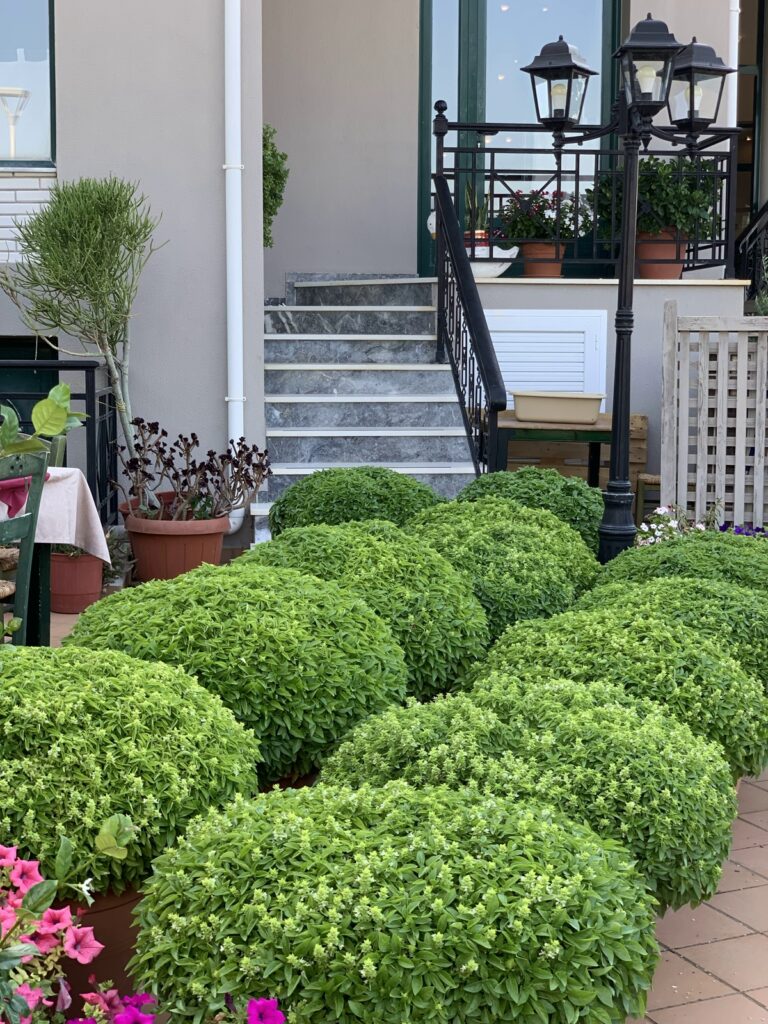
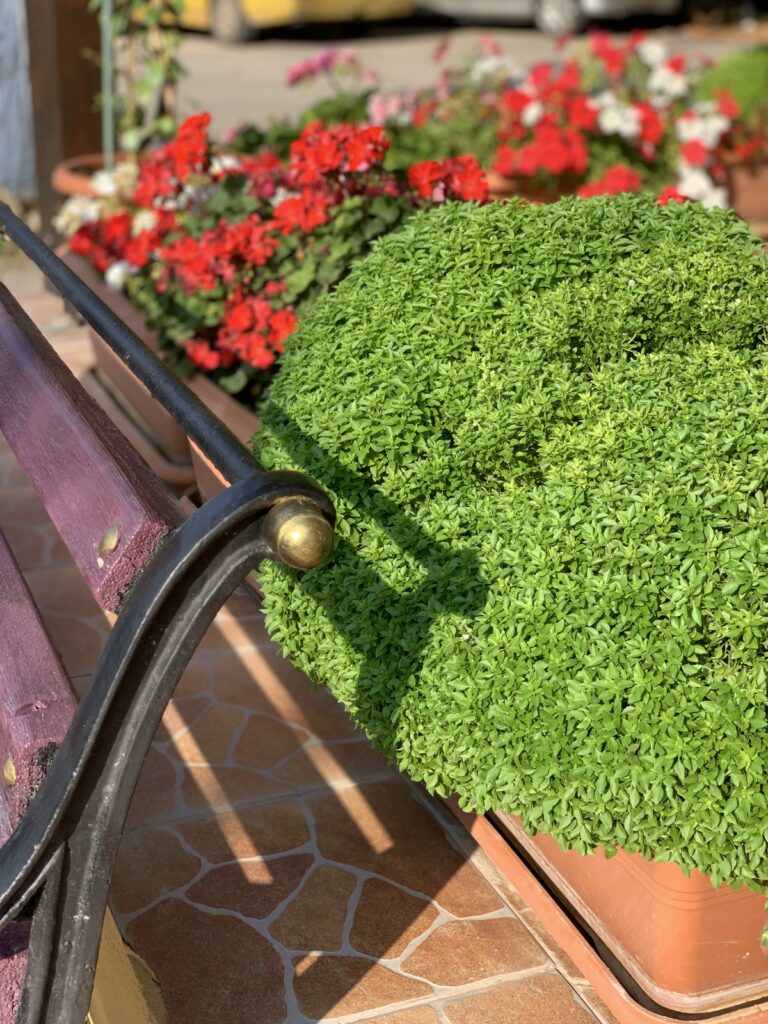

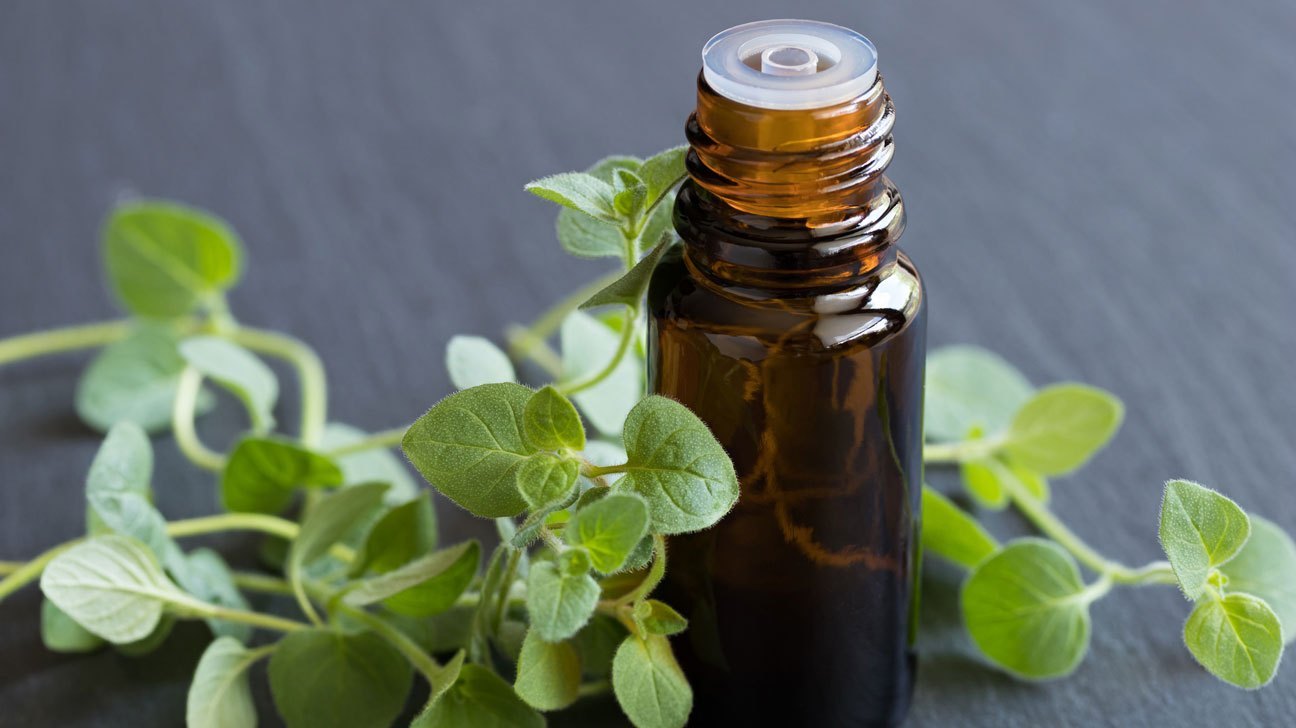
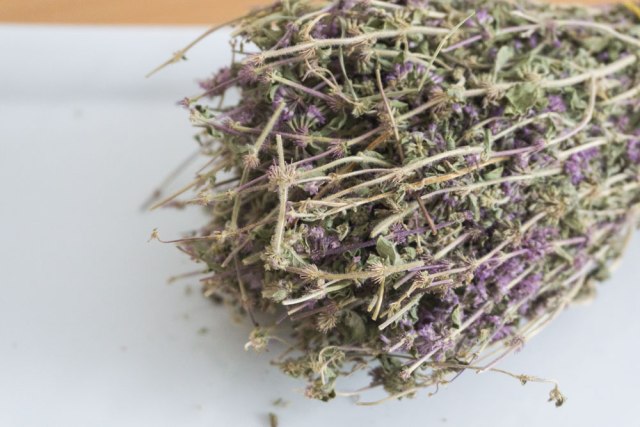
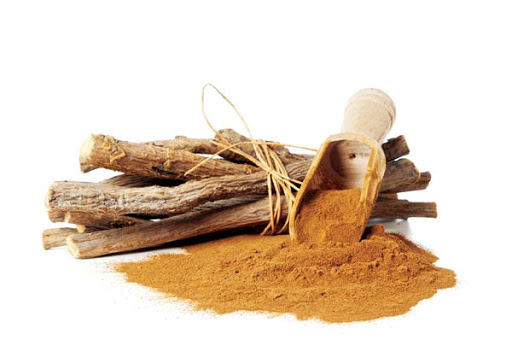

 kinds of ills for me. My body breathes a sigh of relief, allergies, asthma, and a vague melancholy disappear. My soul soars free in the azure sky the second I set foot on Greek soil. Whether I’m buoyant in the Aegean Sea, standing on powerful ley lines at Ancient sites, eating nourishing food that’s all kinds of comfort, or bathed in moonlight relishing in the incomparable feeling of the warm night air on my sun-kissed skin. Greece has always gifted me a harmony, a resonance. Like so many Philhellenes and the Diaspora, the world over, Greece is my happy, healing place.
kinds of ills for me. My body breathes a sigh of relief, allergies, asthma, and a vague melancholy disappear. My soul soars free in the azure sky the second I set foot on Greek soil. Whether I’m buoyant in the Aegean Sea, standing on powerful ley lines at Ancient sites, eating nourishing food that’s all kinds of comfort, or bathed in moonlight relishing in the incomparable feeling of the warm night air on my sun-kissed skin. Greece has always gifted me a harmony, a resonance. Like so many Philhellenes and the Diaspora, the world over, Greece is my happy, healing place.
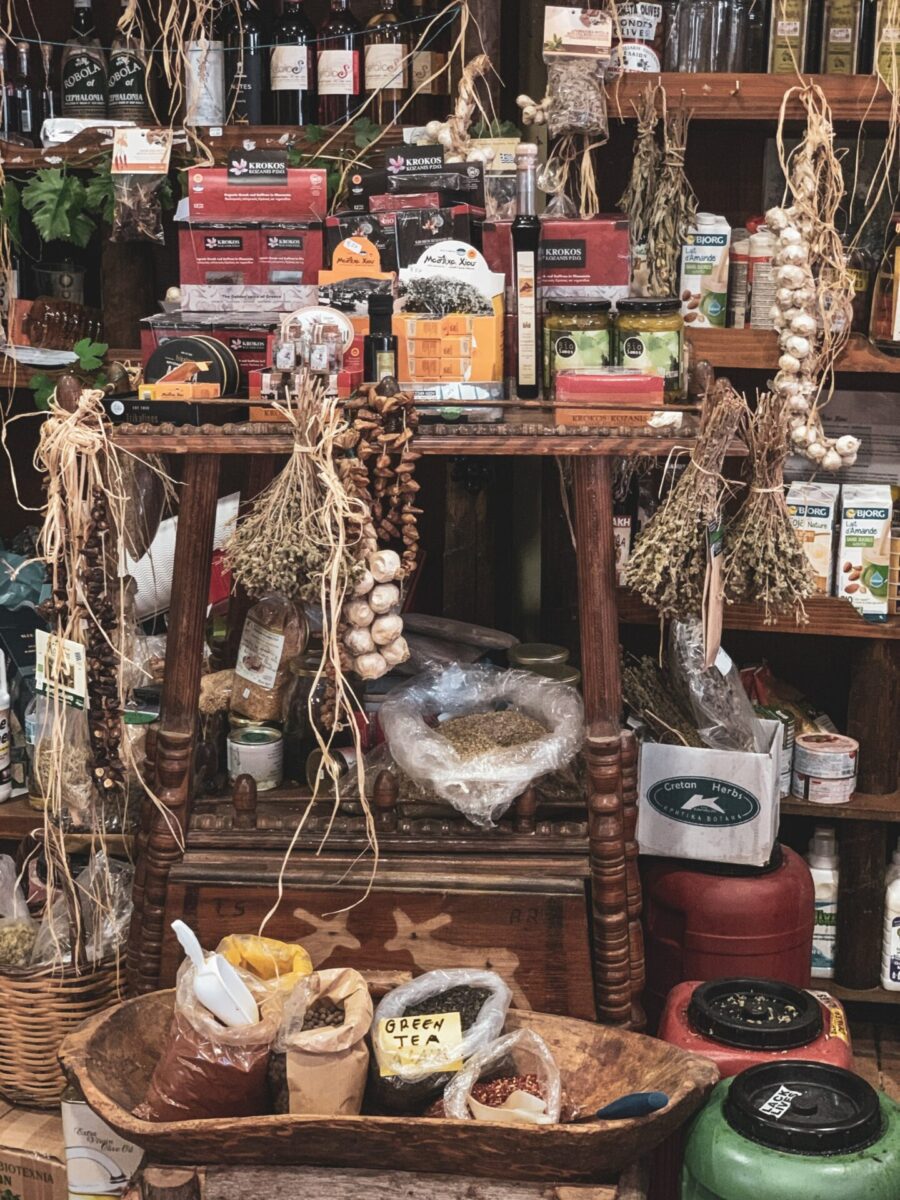 respiratory infections.
respiratory infections.